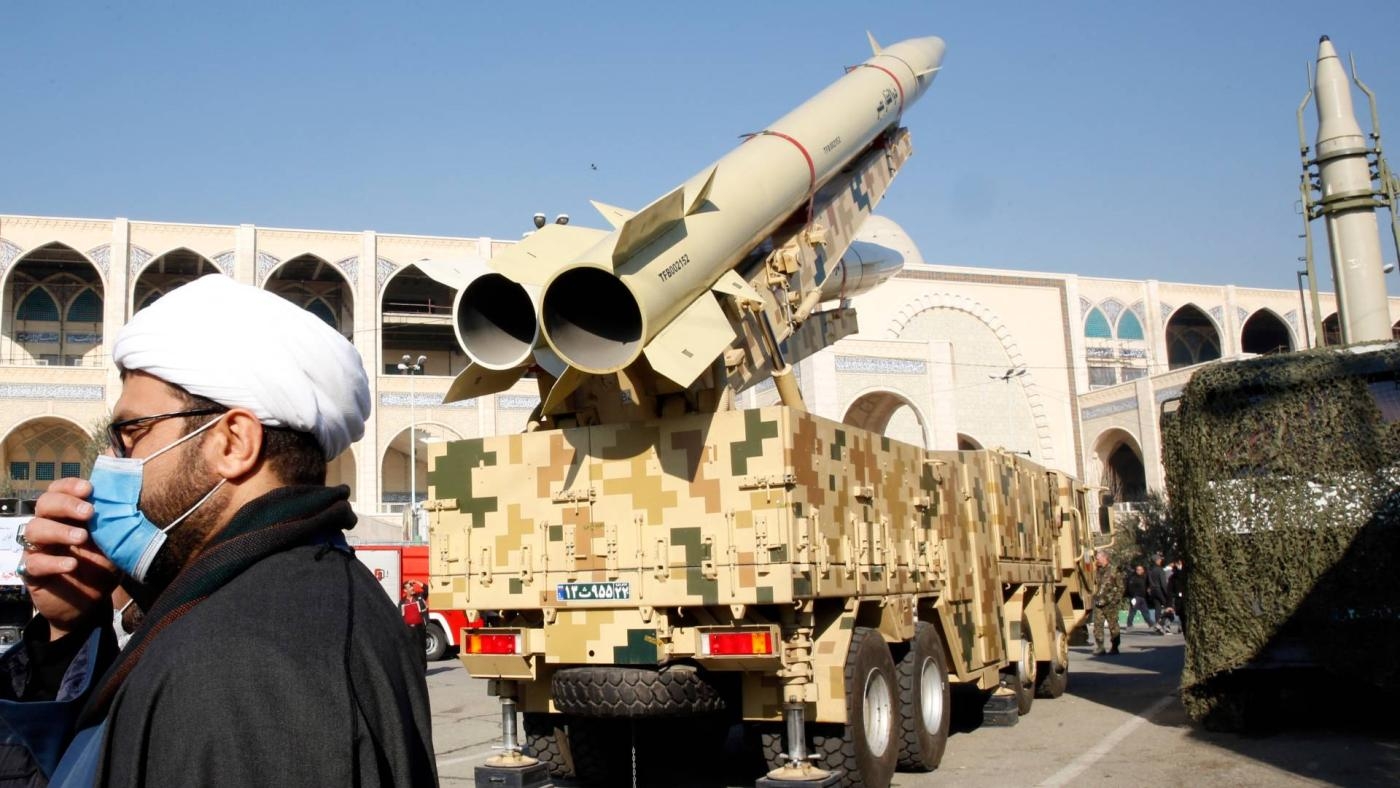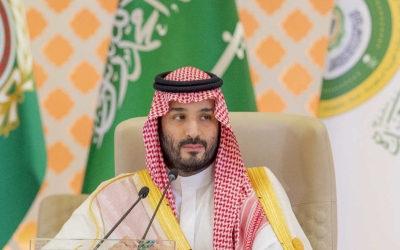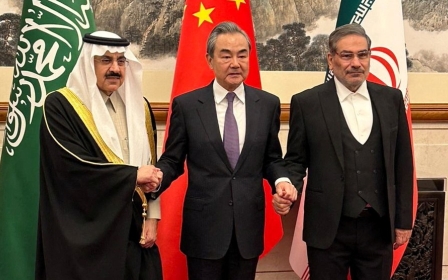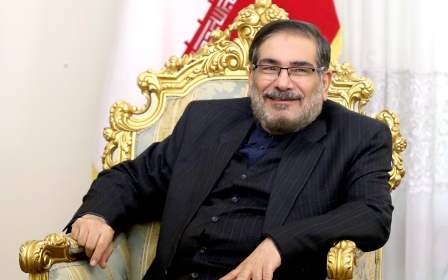US sanctions Chinese firms aiding Iran missile programme

The US has slapped sanctions on several Chinese and Hong Kong firms it said were supplying Iran's ballistic missile programme amid new concerns in Washington about Iran’s growing missile arsenal.
The US Treasury said on Tuesday that the Chinese companies facilitated the transfer of sensitive technology including centrifuges for producing fuels and non-ferrous metals with potential military use to already-sanctioned Iranian government bodies and private companies closely involved in building the missiles.
The US also sanctioned Iran’s defence attache in Beijing, Davoud Damghani, whom the US Treasury accused of orchestrating the defence-related procurements.
“The United States will continue to target illicit transnational procurement networks that covertly support Iran’s ballistic missile production and other military programs," US Treasury's undersecretary for terrorism and financial intelligence, Brian Nelson, said in a statement.
Washington is concerned that Iran plans to develop nuclear weapons that could be loaded on ballistic missiles. The sanctions come the same day Iran unveiled its first domestically-made hypersonic ballistic missile.
The companies targeted include Beijing Shiny Nights Technology Development; Qingdao Zhongrongtong Trade Development; Hong Kong Ke.Do International Trade Co; Lingoe Process Engineering Limited; and Zhejiang Qingji Ind. Co.
The sanctions ban US firms and individuals and companies like global banks with US branches from doing business with those placed on the blacklist.
Iran has been under debilitating sanctions since 2018, when former US President Donald Trump unilaterally withdrew from the 2015 nuclear deal.
'Odds of war are bigger and bigger'
China is an economic lifeline for Iran. It is a major buyer of Iranian oil. In March 2021, the two signed a 25-year cooperation agreement where Beijing pledged to inject around $400bn into Iran's economy. However, many of those investments have failed to materialise.
The sanctions rollout coincides with US Secretary of State Anthony Blinken's visit to Saudi Arabia. Riyadh opposed the 2015 nuclear agreement, but more recently it has sought to mend fences with Iran in a diplomatic deal brokered by China.
Analysts previously told MEE that Gulf states could be hedging with Iran in order to avoid the fallout of a potential clash between the Islamic Republic and Israel, amid concerns about Iran's increasing nuclear capabilities.
Last month, the chief of staff for the Israeli military, General Herzi Halevi, said Iran’s uranium enrichment was more advanced than ever before and warned that Israel was preparing "for a situation where a confrontation will be inevitable”.
On Thursday, Newsweek quoted a senior Israeli military commander saying that "Iran is everywhere" and that the possibility of war was “getting bigger and bigger”.
"There’s more chance of a large-scale war than ever before, that is, in the last 20 or 30 years,” Amir Avivi, a brigadier general in the Israeli army said.
Middle East Eye propose une couverture et une analyse indépendantes et incomparables du Moyen-Orient, de l’Afrique du Nord et d’autres régions du monde. Pour en savoir plus sur la reprise de ce contenu et les frais qui s’appliquent, veuillez remplir ce formulaire [en anglais]. Pour en savoir plus sur MEE, cliquez ici [en anglais].





